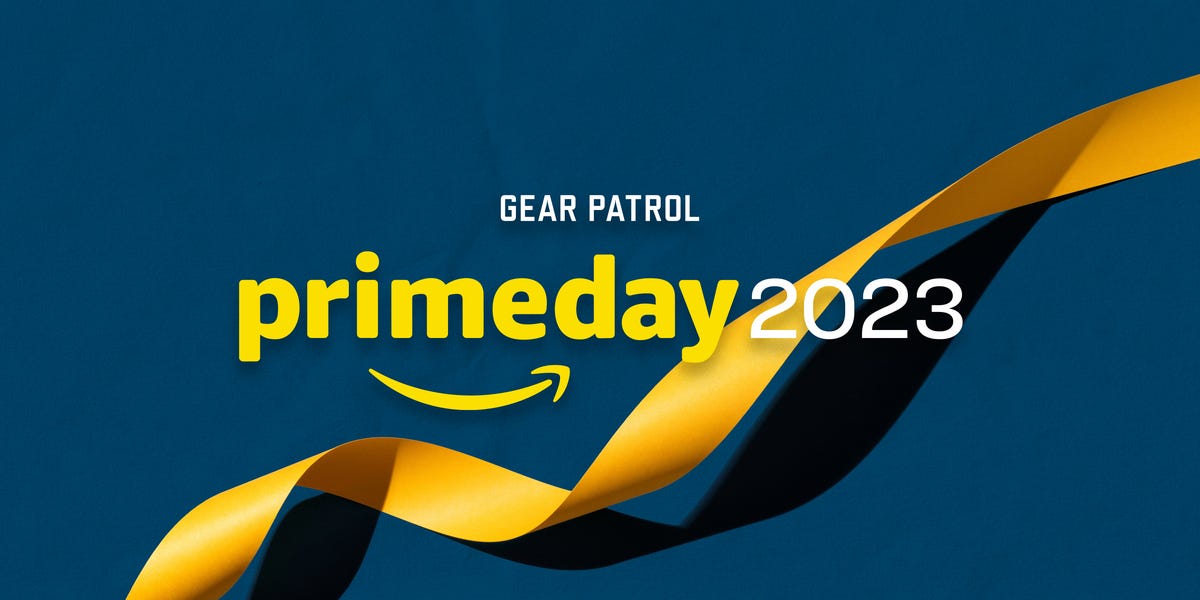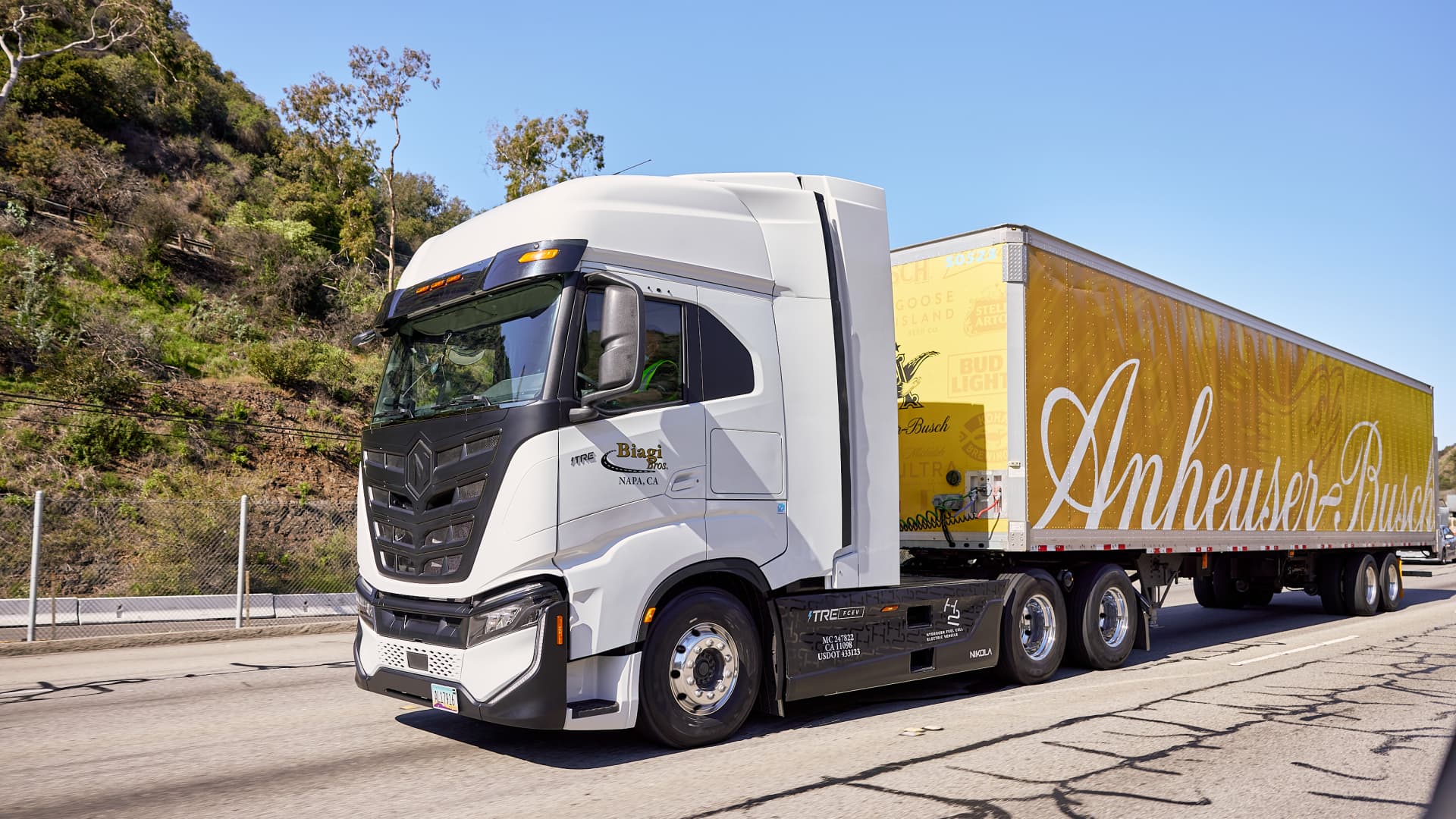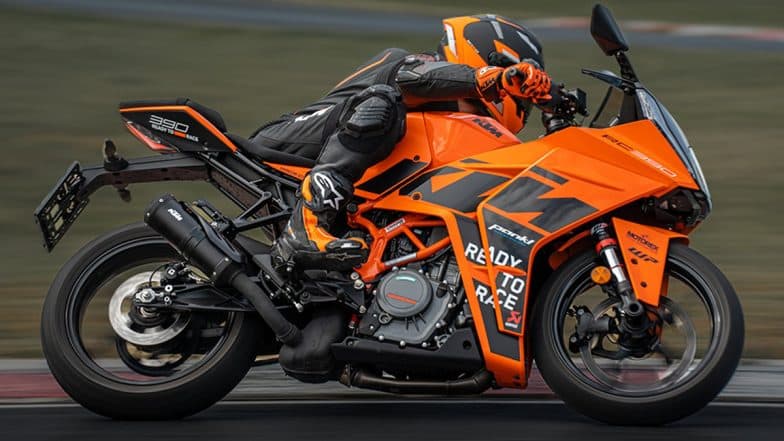Car Cloning & Speed Tickets: Here’s What You Need To Do
Car cloning has become a modern-day crime whereby a vehicle is given a stolen number plate to make it look like a clone of another car. Usually, number plates are applied to another vehicle of the same make, model and colour. This means that any offences committed using the cloned car and number plates will mask the identity of the actual criminal and lead back to the registered vehicle’s owner.
The latest Transport for London (TFL) data shows a massive 857% increase in the number of penalty charge notices being cancelled due to the car being cloned in April compared to a year ago.
In addition, England and Wales saw a 7% increase in vehicle theft, with the West Midlands recording a 37% spike since covid-19 restrictions were lifted.
How Many Cars Are Cloned In The UK?
1 in 12 cars in the UK has cloned car registration plates, and the police can pick up thousands of cloned registrations daily with automatic number plate recognition and CCTV cameras across the country. Many vehicle owners are hit with speeding fines and fuel theft due to plates being stolen and applied to another vehicle. If a penalty charge is issued, the vehicle’s registered keeper will be required to provide proof that their car was not at the time or place where the offence occurred. You can gather evidence through CCTV as this is extremely common, whether the plates were stolen from your driveway and you have a CCTV camera, or if a vehicle with your number plates was located at a nearby garage to steal fuel. You have the right to request CCTV footage to help your case.
Why Do Criminals Clone Number Plates?
There are two main reasons why criminals clone a vehicle:
1) To avoid speeding or parking fines.
2) To carry out further crimes, e.g. fuel theft
What To Do If My Number Plates Are Stolen
One of the first instances that your vehicle could have been cloned is if you received a parking or speeding ticket that didn’t involve your car.
Here’s what you need to do:
You will need to return the fine to the issuing authority and explain that these do not relate to your vehicle. If you have evidence proving this, you need to send this as well to avoid paying the fine. It’s also highly recommended that you contact the DVLA, who will keep this on the vehicle’s record and report the incident to the local police. The local police will then use your plate number to try and locate the vehicle.
Another indicator that your vehicle could have been cloned is if you visit your car and your plates have been taken off the front and back of your vehicle.
Here’s what you need to do:
You will need to report the theft to the local police straight away. This helps to make sure you are not incriminated for criminal activity that is carried out using your number plates. The sooner you report the theft to the police, the better chance the police will have of catching the suspects.
What Can I Do To Prevent Number Plate Cloning?
You can take various actions to reduce the risk of number plate theft.
- If you’ve fallen victim once and need to buy new plates, buy from a trusted, reputable supplier. Click 4 Reg, for example, is a trusted online supplier of private number plates that will always ask for proof of identity and ownership before issuing registrations. Private registrations can still be stolen, but because they’re unique, they are much less likely to be cloned.
- Purchase special kits that can be used to install your new plates for added security. These kits usually include anti-tampering caps and security bolts or screws. Learn more here.
- If you can, park in well-lit areas outside of your property.
- Install CCTV cameras outside of your property, as well as motion sensor lighting to deter criminals away from your home.
- You can also invest in a dash cam with a parking mode feature. This means it’ll continue to record even when your car is off. In addition, some models of dash cams have dedicated apps so you can have a live feed even when you’re away from home.
Frequently Asked Questions
How Can I Avoid Buying a Cloned Car?
If you’re buying a used car, there are some things to look out for, and you can gather information to do some checks yourself. Ask the seller for the registration number, MOT test number, and make and model. Many online websites will let you input this information to determine the true identity of the vehicle you are purchasing.
If the car is suspiciously cheap and below market value, it would be best to explore other options. We recommend contacting the police if you suspect someone is selling a cloned vehicle. If you buy a cloned car, you will lose the car and the money you have paid. When inspecting the vehicle, be sure to check:
- The V5C vehicle registration certificate – triple-check that the number plates match on the certificate what is on the vehicle.
- You will also need to ensure that the logbook is genuine, so it needs to have the correct ‘DVL’ watermark.
- Check the VIN (vehicle identification number) and engine number and ensure these match the logbook.
Are Personalised Number Plates Often Cloned?
Personalised registrations can still be stolen and used by criminals. However, they are less likely to be cloned because they’re relatively distinct compared to the current registration styles, which are standard on all UK vehicles.
How Do I Report a Cloned Car To The DVLA?
You need to visit the DVLA website for further information and resources or write to them at:





